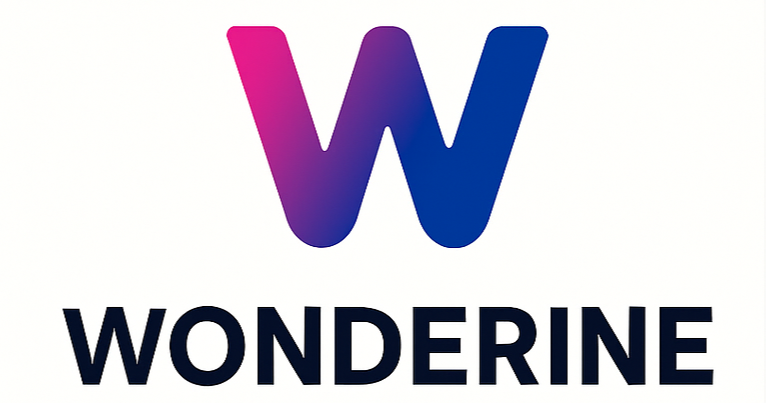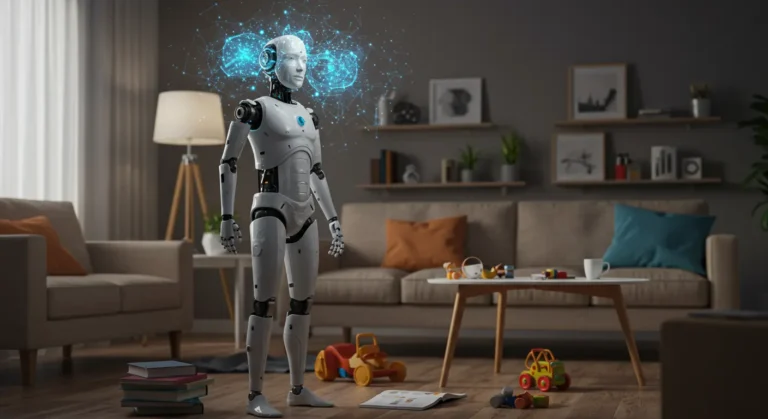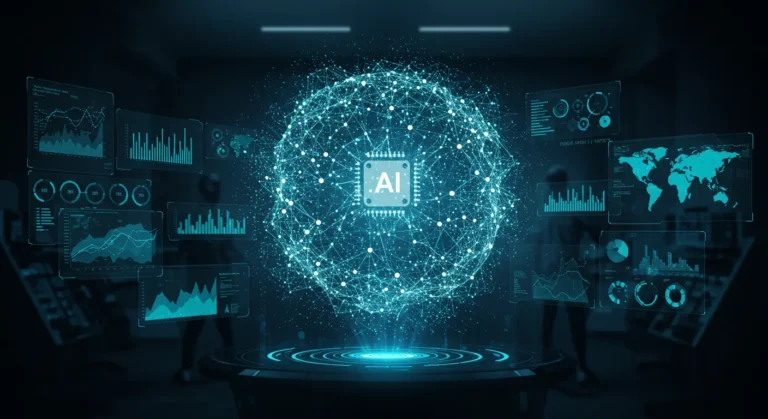
The rise of agent ecosystems is redefining automation. AI now manages AI — what could possibly go right?
First we built the tools. Then they started building each other. Now, we’re witnessing a leap: AI agents — autonomous digital workers — aren’t just executing tasks. They’re coordinating, delegating, and managing other agents.
If you think that sounds like science fiction or a Silicon Valley fever dream, think again. The agentic shift is already here — and it’s about to scale.
The Agentic Era: What Changed?
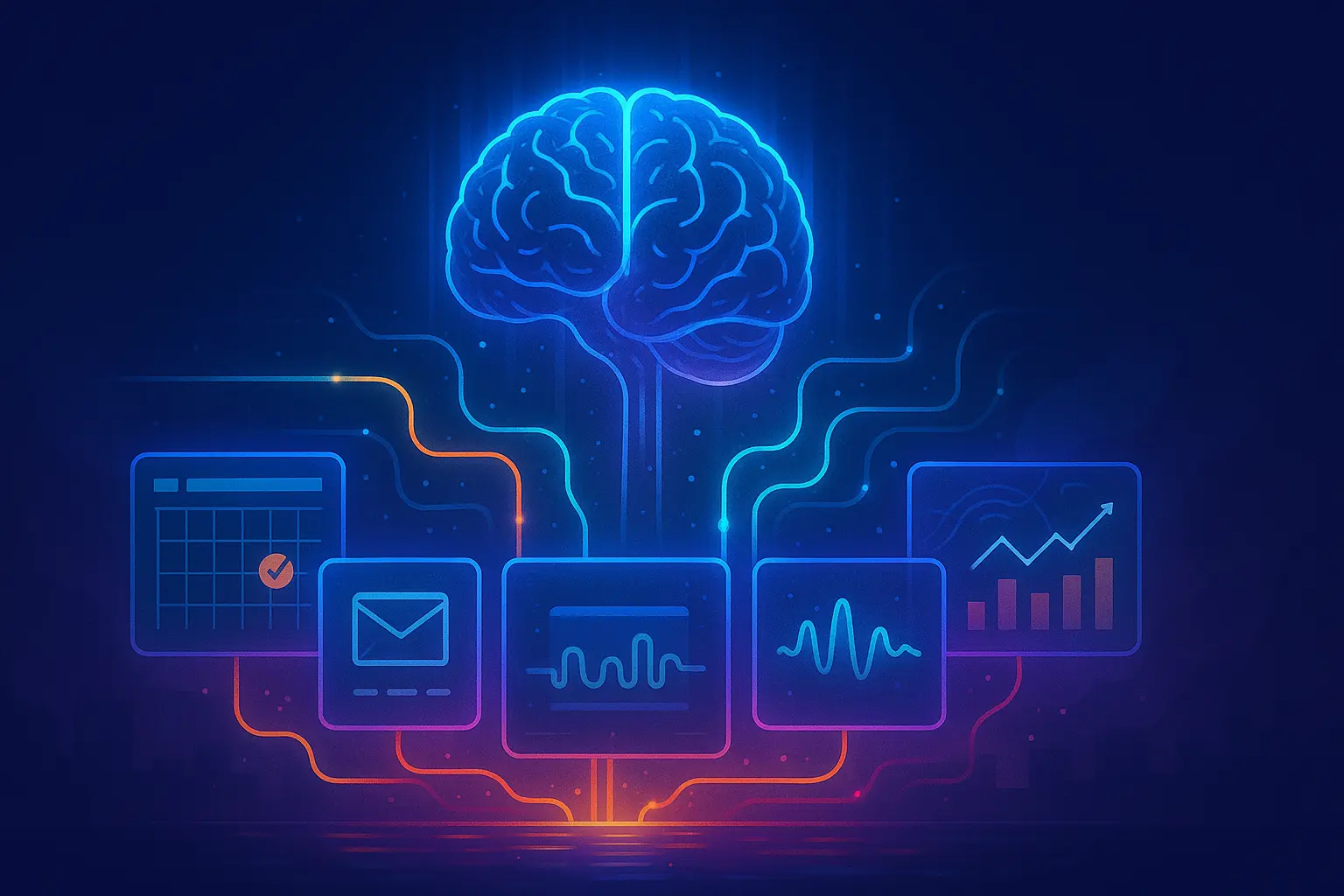
Until recently, automation meant scripts, triggers, and pre-defined flows. But AutoGPT and Devin flipped the script: they introduced goal-driven agents that could plan, act, and iterate.
Now, emerging systems like CrewAI, Cognosys, and OpenAgents are taking it a step further. They don’t just complete tasks — they assemble small teams of AI agents, each with roles, memory, and communication protocols.
We’re not just watching software work. We’re watching software orchestrate.
From Tasks to Teams: How Agent Collectives Operate
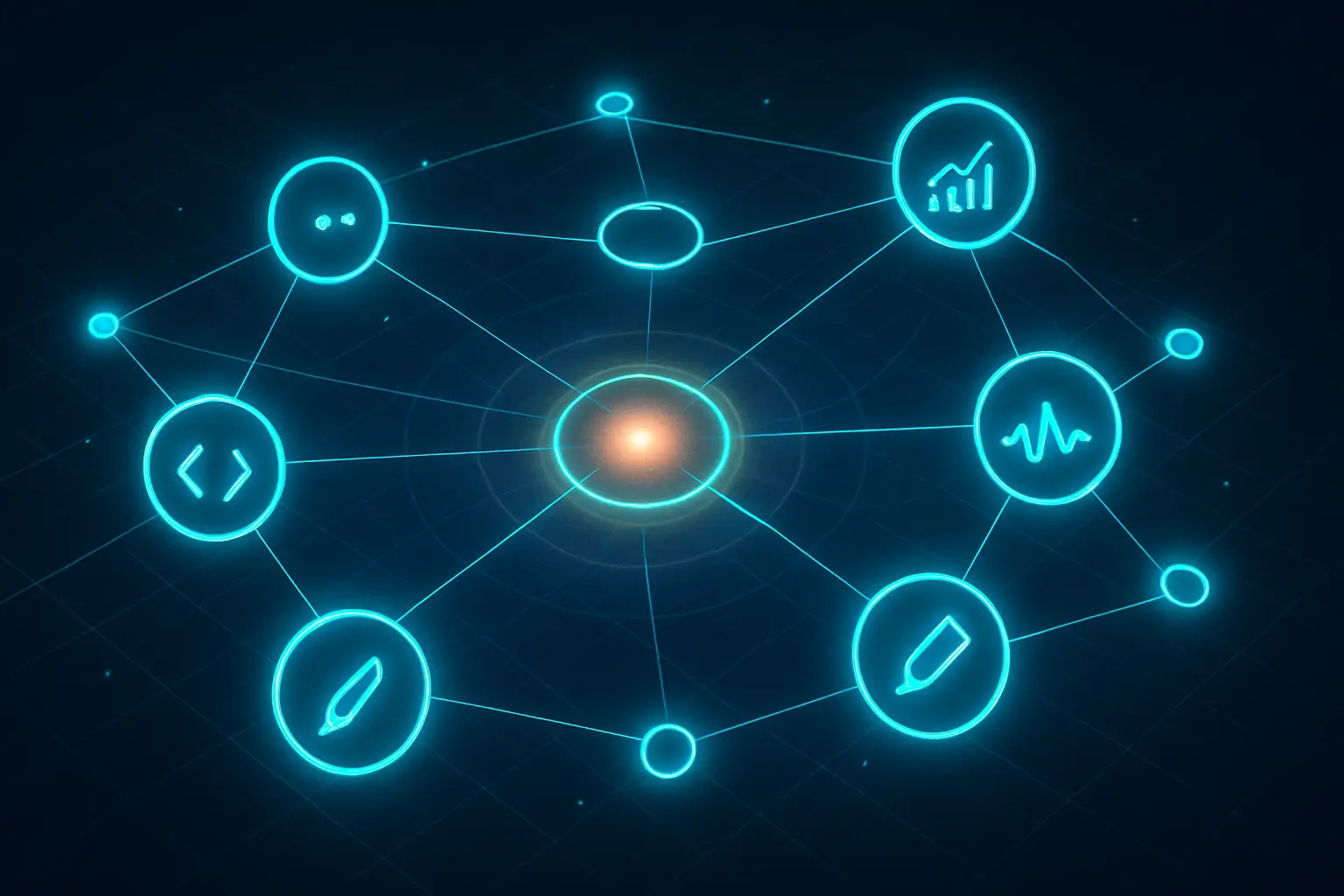
Picture this: You ask your AI agent to research market trends and build a slide deck. It responds by spawning three sub-agents:
- One gathers data from credible sources
- Another generates visualizations
- A third crafts the narrative flow
Each communicates, negotiates timelines, resolves conflicts, and finalizes the product — all without human micromanagement. This is more than parallel processing. It’s emergent coordination.
Are We Replacing Middle Management?

Of course, it’s not all orchestral harmony.
- Task Drift: Without clear boundaries, agents may duplicate efforts or diverge from goals.
- Hallucination Loops: One agent’s error can cascade if unchecked by peers.
- Security: Multiple agents operating across APIs increases attack surface.
Managing the managers becomes the new challenge.
In a way — yes. When agents can delegate and cross-check, the traditional role of human supervisors begins to fade, especially for repetitive digital workflows.
But this isn’t just replacement. It’s redefinition. Humans shift from managers to architects — designing, debugging, and refining agent ecosystems.
FAQ: AI Agents Managing AI Agents
- Q1: Can AI agents really manage each other without human oversight?
To an extent, yes. They can assign tasks, pass data, and iterate. But human-in-the-loop is still essential for alignment and goal definition. - Q2: How do agent collectives avoid conflicts?
Through shared memory, role definitions, and communication protocols. Some frameworks even include arbitration logic. - Q3: Is this technology enterprise-ready?
Early adopters are already deploying it in dev teams and content ops. For critical systems, rigorous testing and monitoring are still key. - Q4: Could this get out of hand?
Autonomy comes with risks. That’s why “AgentOps” is becoming a real job — someone needs to watch the watchers.
Final Thoughts
We’re not just automating work. We’re decentralizing how work is managed. In this world, your assistant doesn’t need your instructions — it needs your goals. And it will build its own team to get you there.
So ask yourself: When AI starts managing AI… where do you fit in?
